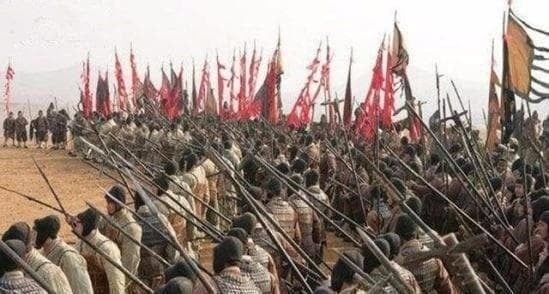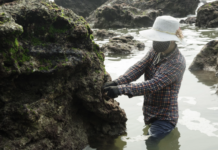For soldiers who are away from home, living in barracks or marching for extended periods, addressing physiological needs becomes a practical and challenging issue. The methods they employed to meet these needs might surprise, even embarrass, modern audiences.
How did ancient soldiers manage their physiological needs?
In ancient armies, particularly in China, where the majority of the force was male, individual physiological needs became a concern. A range of measures, from humane to harsh, were implemented to address this issue.
One approach, though not widely practiced, was to allow the wives of high-ranking officers to accompany their husbands on campaigns. This not only legally fulfilled their physiological needs but also helped alleviate homesickness and boost morale. However, due to the harsh conditions of war and traditional notions of a woman’s role, this option was rarely extended to lower-ranking soldiers.

A more systematic but controversial method was the establishment of “comfort women,” who were brought to barracks to service the sexual needs of the troops. These women often had no choice, lived in unsafe conditions, and were treated as tools for the army’s pleasure. This practice reflected the low regard for human rights and the role of women in feudal society.
Additionally, during conquests, it was commonplace for soldiers to “naturally” take possession of women in the conquered regions as spoils of war. While this boosted short-term morale, it inflicted long-lasting pain and consequences on innocent lives.

In contrast, modern militaries have adopted a more humane approach to addressing these needs through cultural and spiritual activities and the equal participation of women, fostering a healthier and more civilized environment for soldiers.





































